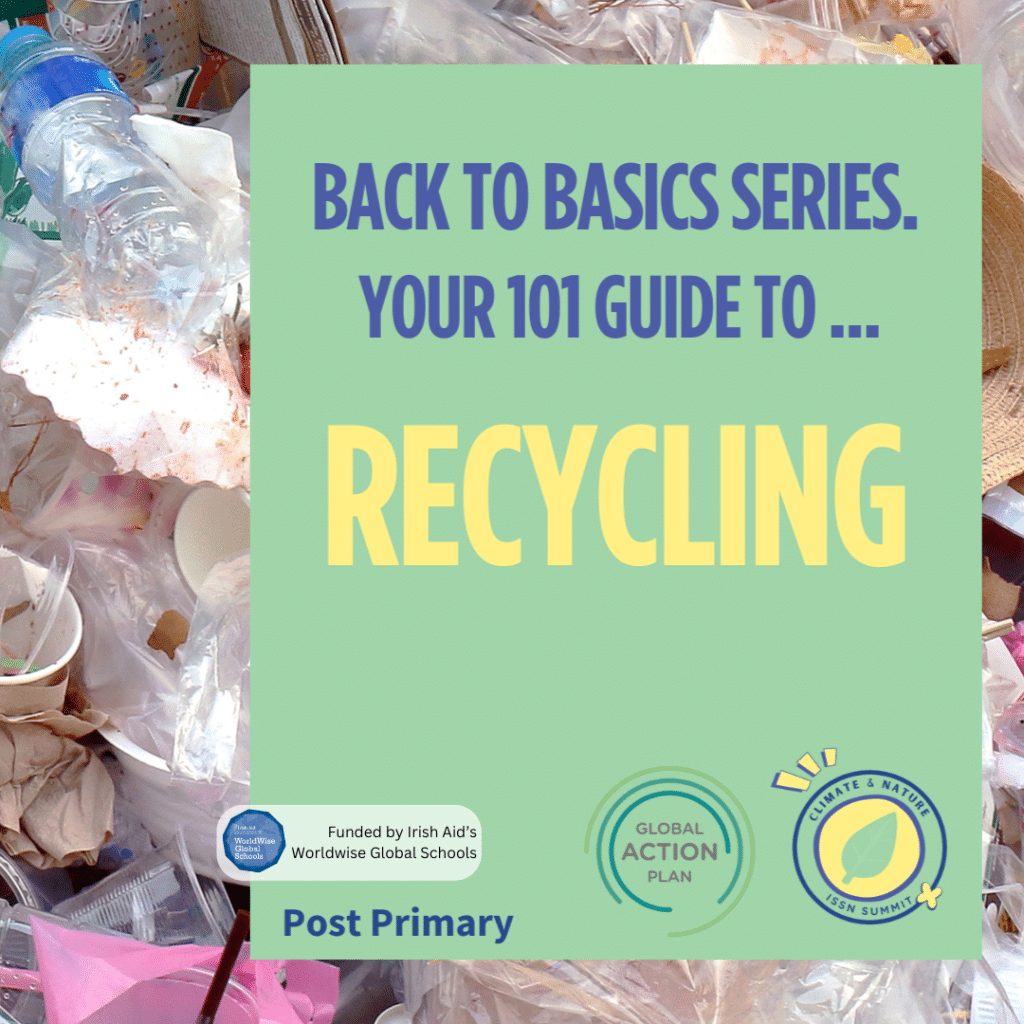The Dark Side of Black Friday
As Black Friday approaches, it’s hard to ignore the constant buzz around sales, discounts and ‘must-have’ gadgets. What started as a single day to help retailers end the year “in the black” has morphed into a week – or weeks – of relentless consumerism. The discounts flash across our screens and flood our inboxes, tempting us to buy more, often more than we need.
The frenzy isn’t just overwhelming; it’s a celebration of a consumer culture pushing us to buy, waste, and repeat.
Some years ago, we wrote an article showing how Black Friday is bad news. It highlights how, while many of us appreciate the drop in prices, the shopping frenzy tends to result in mountains of packaging and, eventually, heaps of waste. Black Friday is the ultimate illustration that what is considered good for GDP often comes at a high social and environmental cost.
Black Friday is a fitting name for a day aimed at pushing our consumption to ever greater heights.
Every product purchased this week has a hidden footprint, and a cost to the planet – and to people – not reflected in the price we pay for the products. From the extraction of raw materials to the labour in factories and the pollution from the transport, each “great deal” comes with an often unseen environmental and human cost.
Recycling offers little consolation. As we show in this recent school video lesson, the reality of recycling is bleak. Much of what we “recycle” ends up in incinerators or landfills.

It is time to consider the long-term toll of Black Friday, and to ditch it in favour of a Green Friday instead. This Black Friday, let’s embrace a slower, more mindful approach to consumption.
Green Friday is an alternative to the traditional Black Friday shopping frenzy. It encourages mindful consumption, environmental awareness and sustainable choices.
Rather than promoting a rush of consumerism and excess purchasing, Green Friday encourages people to refrain from shopping altogether, or to focus on sustainable and eco-friendly options if they do choose to buy.
Green Friday advocates ask us to buy only what you need, make the most of what you own already, and choose quality over quantity. It encourages us to try and buy products that are environmentally friendly, such as items made from sustainable materials, fair-trade goods, and products from local or ethical companies.
Say No to waste, Yes to purpose.
Can we make this season less about shopping and sales, and more about meaningful choices that respect our planet and future?
Let us know what you think.
